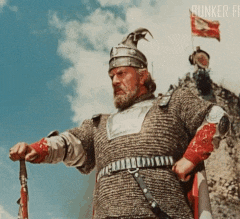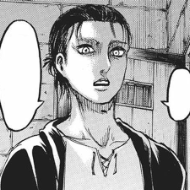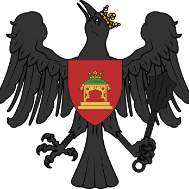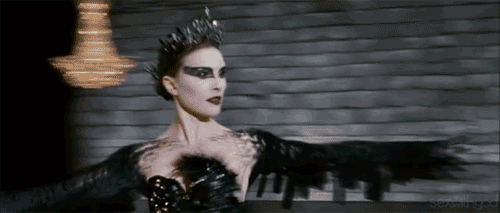-
Popular Topics
-
Topics
-
Recent Status Updates
-
Options
Options
-
It's been fun lotc, we out (for good this time)
Joining @Endershadow292in retirement heaven
-
magic is for chumps, been here since 2014 and I have never had magic!!!
-
There is a disconnect between nation players and general magic players which I find hilarious.
There could be an insane cataclysmic event occurring and none of the nation players wont care at all or participate. On the flipside the magic players will continue to get 10 or less upvotes on their posts and no one will know who the hell they are.
No Recent Status Updates -
Options


.thumb.gif.bf7147b6aa276d8f2c6f703273532769.gif)












Recommended Posts